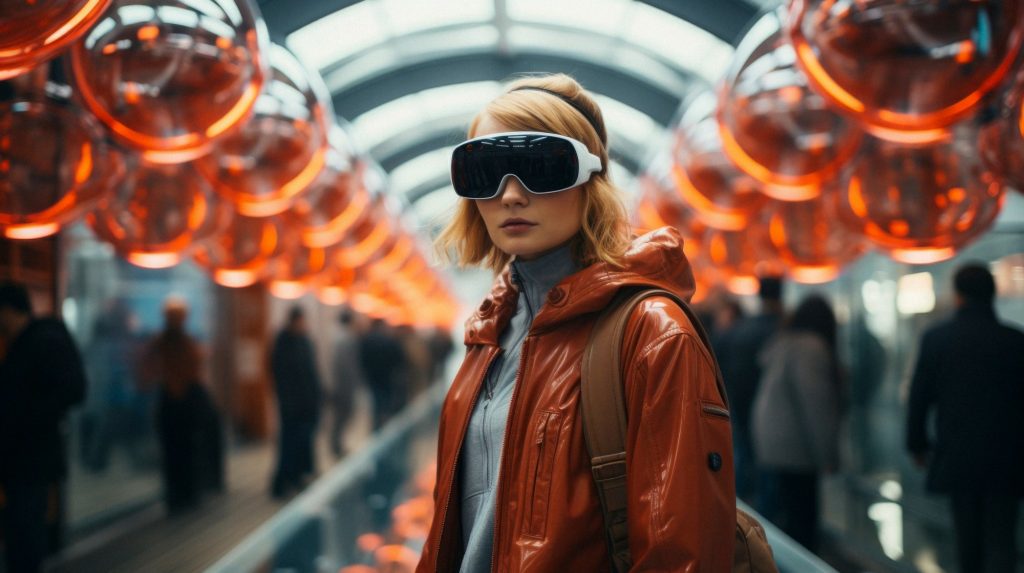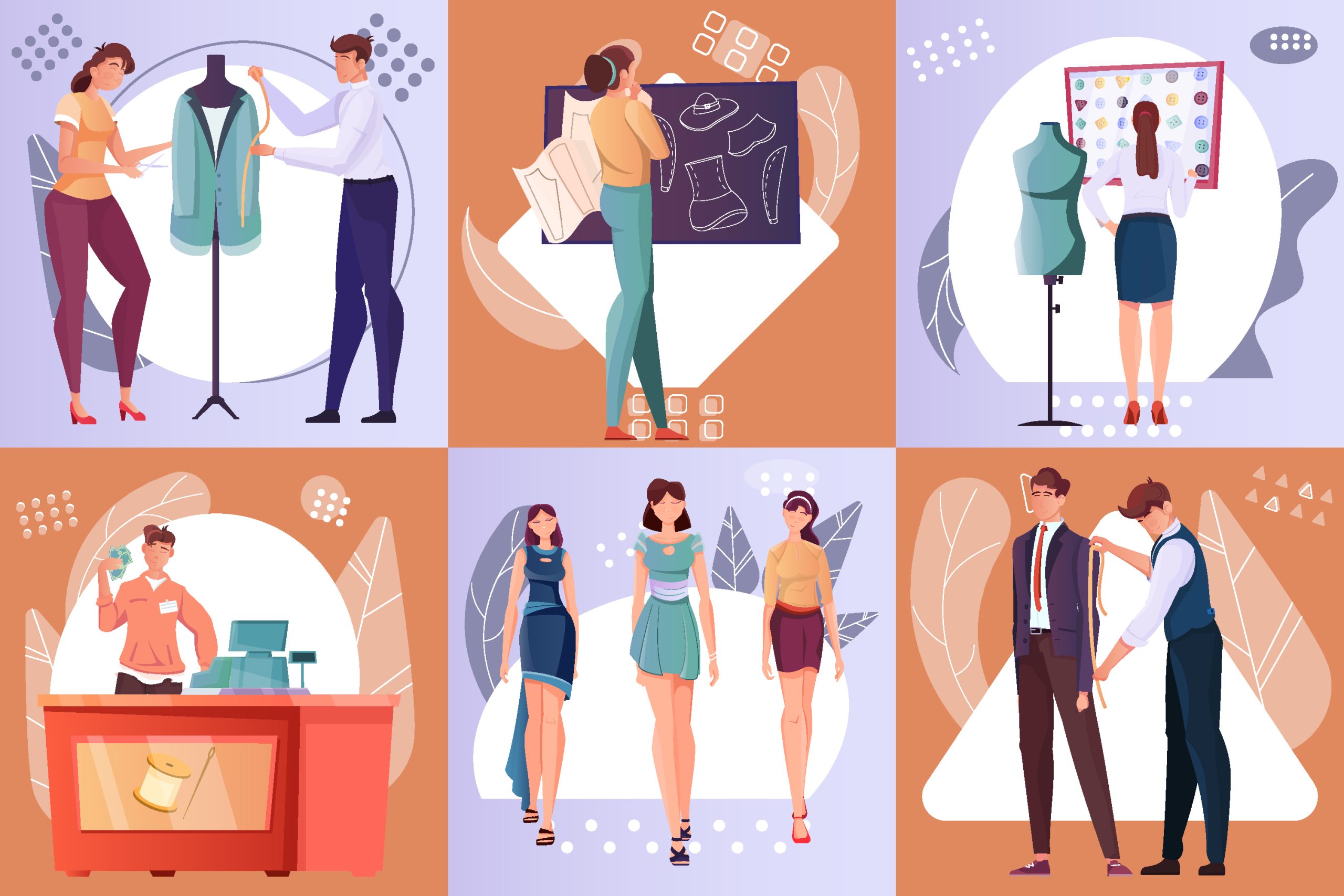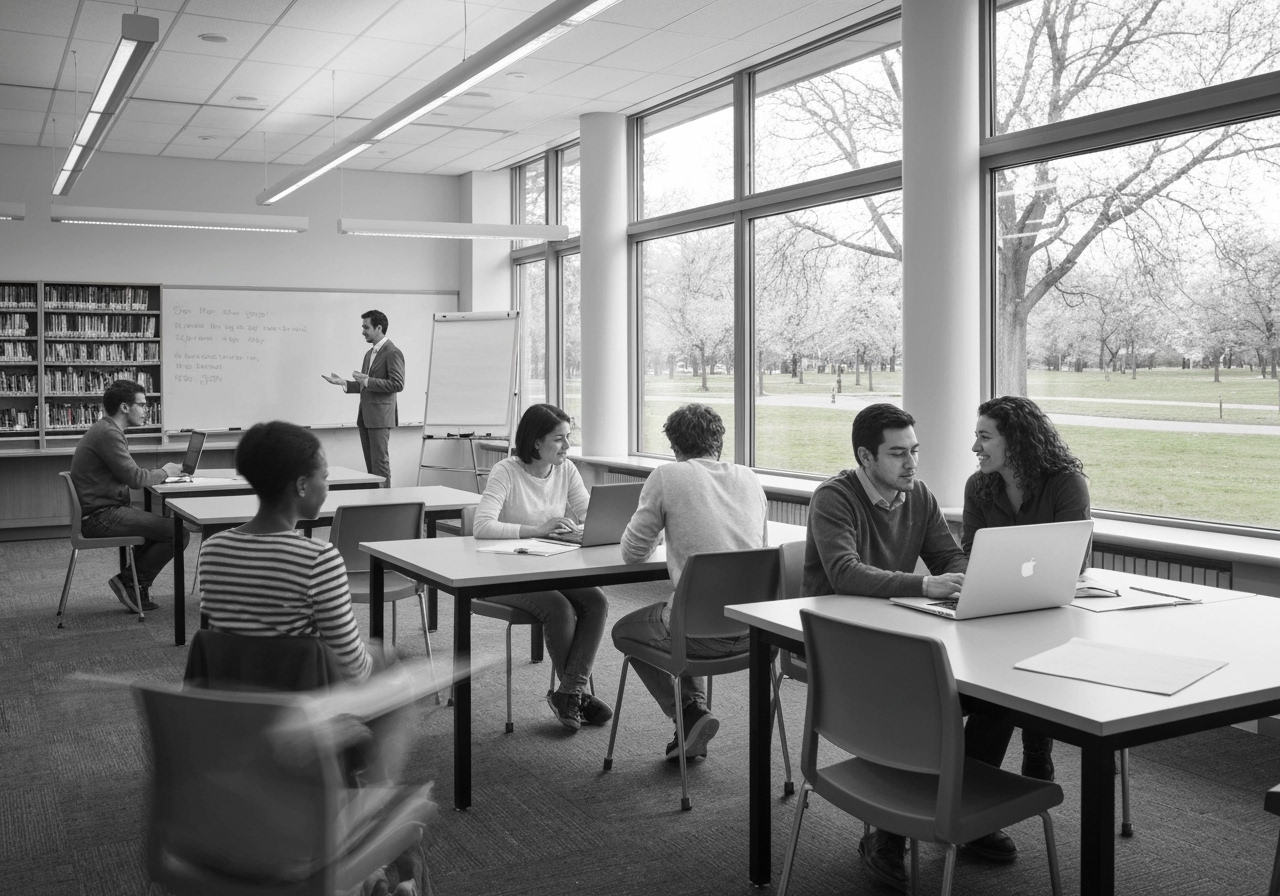Design Your Fashion Future with AI: Fashioning a Career in 2025
Have you ever wondered if a robot could design your next favorite outfit? Or predict the next big fashion craze before it even hits the streets? Well, buckle up, fashion fans, because AI is weaving its magic into the world of style, and it’s more than just a passing trend. This blog provides a front-row view of how AI is transforming everything from design and production to shopping and sustainability.
AI Takes the Runway: Unveiling the Fashion-Tech Revolution:
1. Demystifying AI:
Imagine trying on clothes without leaving your couch, or a shopping assistant that knows your style better than you do. This isn’t science fiction – it’s the reality of AI in fashion! AI is transforming how we shop and wear clothes, and here’s how:
- Virtual Fitting Rooms:
Gone are the days of endless physical try-ons. Augmented Reality (AR) and Virtual Reality (VR), powered by AI, are revolutionizing online shopping by creating immersive virtual fitting rooms. Customers can upload their photos or scan their bodies to virtually try on clothes, ensuring perfect fit and reducing reliance on physical samples, ultimately lowering return rates.
- AI-Powered Styling:
Imagine a personal stylist who understands your unique preferences better than you do. Personalized styling apps, fueled by AI, are making this dream a reality. These apps leverage data from past purchases, browsing history, and even social media activity to curate personalized outfit recommendations, ensuring each customer finds their perfect look with minimal effort.
- Trend Forecasting:
Do you want free career counseling?
Ignite Your Ambitions- Seize the Opportunity for a Free Career Counseling Session.
- 30+ Years in Education
- 250+ Faculties
- 30K+ Alumni Network
- 10th in World Ranking
- 1000+ Celebrity
- 120+ Countries Students Enrolled
AI algorithms can analyze vast datasets, encompassing fashion shows, social media trends, and consumer behavior patterns, to predict upcoming trends with remarkable accuracy. This empowers brands to stay ahead of the curve, design in-demand products, and minimize the risk of overstocking unpopular items, leading to improved financial performance and reduced waste.
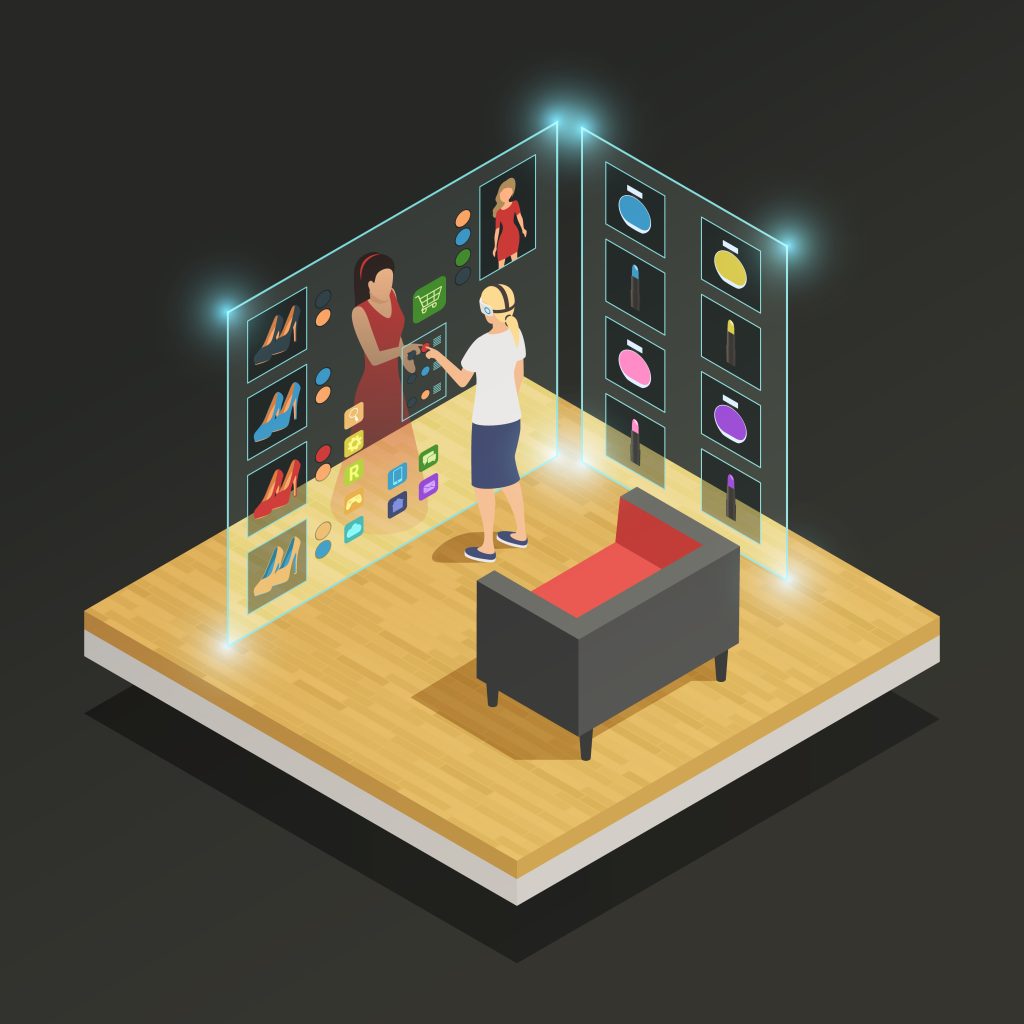
2. Emerging AI Careers:
Artificial Intelligence (AI) is no longer a novelty in the fashion industry; it’s a transformative force rewriting the design, production, and even retail experiences. Beyond traditional roles, AI is opening doors to captivating career paths that demand both creative vision and technological prowess.
- AI-Empowered Fashion Designer:
Farewell to the solitary designer stereotype! Be an AI-powered designer, using algorithms to generate innovative patterns, suggest trendsetting palettes, and predict future styles. Collaborate with technology to push creative boundaries and design the future of fashion.
Book Now →
- Virtual Reality Garment Creator:
Step into the future as a VR garment creator. Prototype clothing in immersive 3D spaces, blurring the lines between physical and digital fashion. Develop revolutionary garment constructions and unlock unimaginable design possibilities.
- Ethical Sourcing AI Specialist:
Make a difference as an ethical sourcing AI specialist. Leverage data analysis to identify and verify responsible suppliers, ensuring transparency and minimizing the industry’s environmental impact.
- Algorithmic Stylist:
Develop AI-powered apps that analyze individual preferences and curate personalized clothing recommendations. Combine fashion expertise with data science to revolutionize personal style and empower individuals to express themselves uniquely.
Do you want free career counseling?
Ignite Your Ambitions- Seize the Opportunity for a Free Career Counseling Session.3. Benefits & Challenges:
AI is transforming the fashion scene, but like any change, it brings both exciting possibilities and concerns to consider:
Benefits
- AI automates boring stuff like data analysis and trend prediction, freeing up designers to be…well, designers!
- AI can generate fresh ideas for patterns, colors, and styles, sparking inspiration and pushing creative boundaries.
- AI personalizes recommendations based on your unique style, making shopping a breeze.
- AI helps reduce waste by optimizing production and finding ethical suppliers, making fashion more sustainable for the planet.
Challenges
- AI algorithms can be biased, leading to unfair outcomes. We need to ensure transparency and responsible development to avoid discrimination.
- While AI excels at data analysis and automation, it lacks the human touch. Creativity, intuition, and emotional intelligence are irreplaceable in fashion.
- Automation is inevitable, and some jobs might be impacted. However, it’s not an end, but a shift. Reskilling and embracing new AI-powered roles will be crucial for individuals and the industry to adapt and thrive.
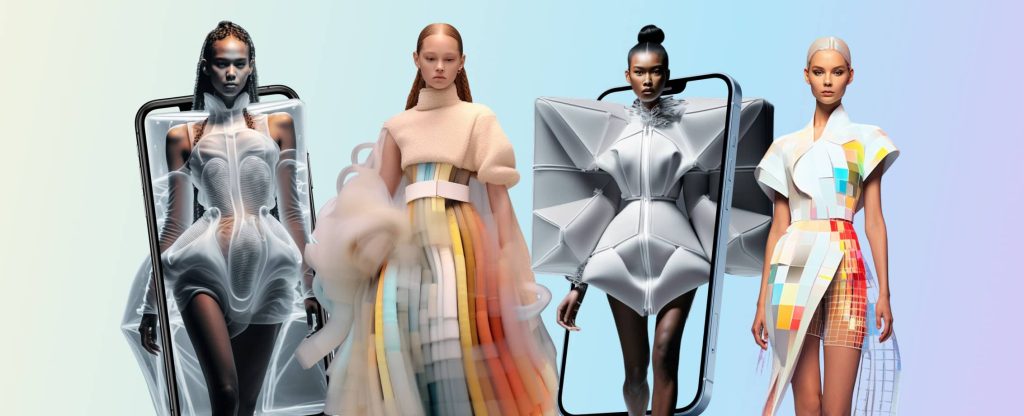
Read Also: A Delhi Girl’s Journey to Stardom: Avanti Nagrath
Get Future-Ready: Skills & Tools for an AI-powered Fashion Career:
1. Essential Skills:
Below are a few basic skills that will help you navigate your journey through AI in Fashion Design.
- Posses strong data analysis skills to interpret trends, understand consumer behavior, and translate insights into design decisions.
- Grasp fundamental coding principles to effectively communicate with AI tools and personalize workflow processes.
- Foster creative problem-solving abilities to adapt to emerging technologies and seamlessly integrate AI’s potential with a unique design vision.
- Develop a comprehensive understanding of machine learning principles, maximizing AI capabilities while maintaining a human-centric approach.
- Champion collaboration across diverse teams, including tech specialists, designers, and stakeholders, to bridge the gap between AI and human expertise.
- Leverage AI to optimize production processes, minimize waste, and identify ethical suppliers, contributing to a more sustainable and responsible fashion ecosystem.
2. Learning Resources:
- Coursera:
AI in Fashion by the London College of Fashion: This course covers how AI is revolutionizing the fashion industry, including topics like trend forecasting, personalized recommendations, and supply chain optimization.
- edX:
Artificial Intelligence (AI) in Fashion: This course, offered by IBM, delves into how AI is transforming the fashion industry, covering areas like trend analysis, customer segmentation, and virtual assistants.
- Udemy:
AI in Fashion: From Concept to Consumer: This course explores various AI applications in fashion, such as trend prediction, product design, and customer engagement.
- Fashion Institute of Technology (FIT):
FIT offers workshops and short courses on AI and fashion technology, covering topics like computer-aided design (CAD), digital fashion, and data analytics for fashion businesses.
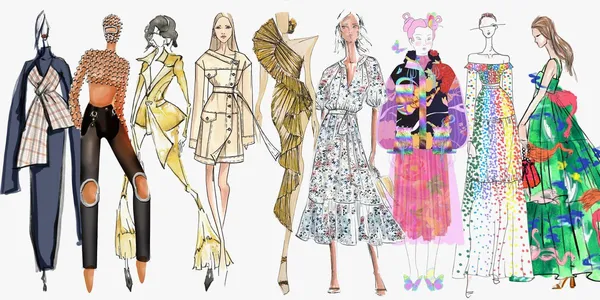
Read Also: Gen Z Fashion Trends 2025: A Fashion Guide (Updated)
- DataCamp:
Machine Learning for Fashion: This course focuses on using machine learning techniques to solve challenges in the fashion industry, such as demand forecasting, inventory optimization, and personalized marketing.
- LinkedIn Learning:
Fashion Technology and Innovation: This course provides an overview of how technology, including AI, is shaping the future of fashion, covering topics like wearable tech, smart fabrics, and virtual fitting rooms.
- Fashion Innovation Agency (FIA):
FIA offers workshops and seminars on the intersection of fashion and technology, including sessions on AI-powered fashion design, virtual try-on experiences, and sustainable fashion solutions.
- MIT Professional Education:
AI and Fashion Workshop: MIT offers occasional workshops and seminars focused on AI applications in the fashion industry, featuring insights from industry experts and hands-on activities.
These resources should provide a good starting point for anyone interested in learning about AI and its applications in the fashion industry. Additionally, keeping an eye on industry conferences and events may also provide opportunities for learning and networking in this field.
3. Tools & Platforms:
- Stylumia: Stylumia offers AI-powered trend forecasting software for fashion businesses, helping them stay ahead of trends and make data-driven decisions.
- Browzwear: Browzwear provides 3D design and virtual prototyping solutions for fashion designers, enabling them to create digital prototypes and streamline the design process.
- Stitch Fix: Stitch Fix is an online personal styling service that utilizes AI algorithms to recommend personalized clothing items based on individual style preferences.
- Syte: Syte offers visual AI technology for fashion e-commerce, enabling visual search and discovery of products using images rather than text.
- Element AI Supply Chain Optimization: Element AI offers AI-driven solutions to optimize supply chain processes, improving efficiency and reducing costs for fashion businesses.
- Optimity: Optimity utilizes AI and machine learning to optimize supply chain operations in the fashion industry, helping companies improve efficiency and reduce waste.
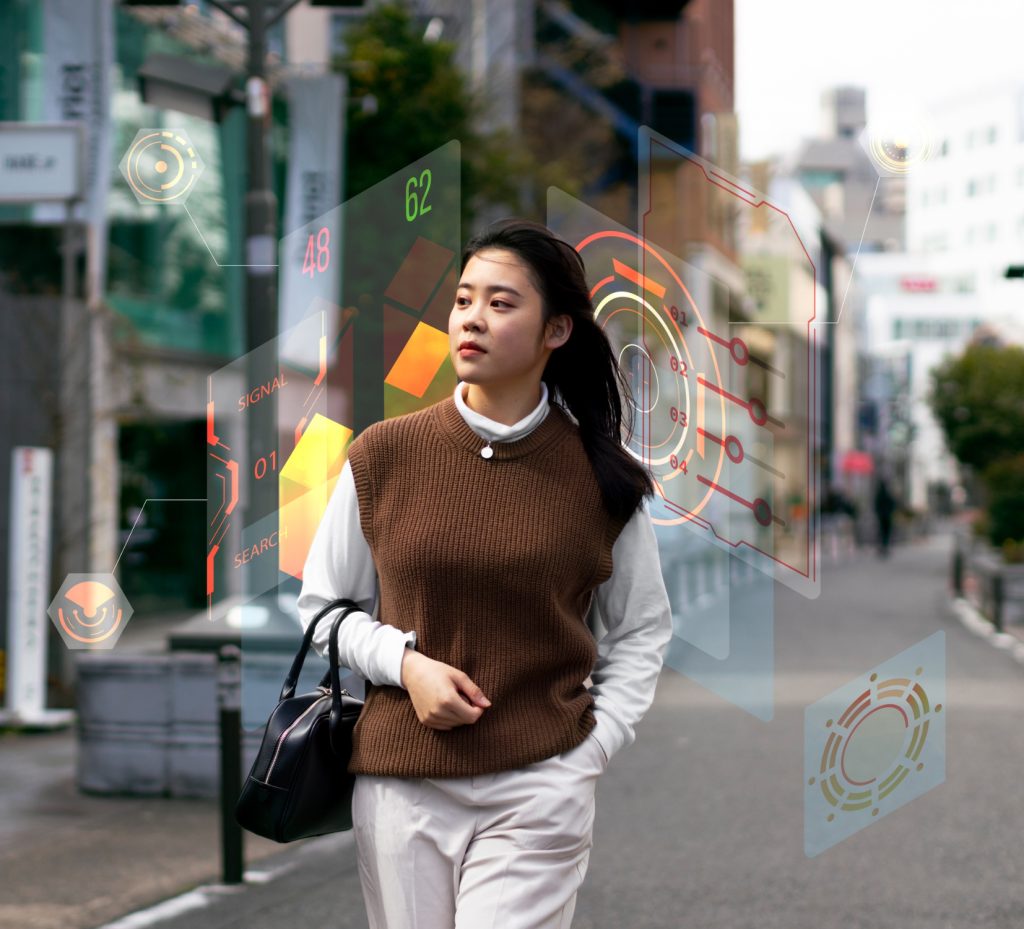
AI + You: Designing Your Individual Fashion Path:
- Self-Assessment:
Understanding the intersection of AI and fashion allows individuals to leverage their strengths effectively within this innovative landscape, whether they excel in creative design, data analysis, or strategic planning.
- Building Your Portfolio:
Demonstrating proficiency in AI within the fashion industry not only showcases technical skills but also highlights the ability to innovate and stay relevant in an increasingly technology-driven field, positioning individuals as valuable contributors to the future of fashion.
- Networking & Mentorship:
Connecting with professionals in both the AI and fashion sectors provides invaluable insights into how these fields intersect, fostering collaboration and mentorship opportunities that can accelerate career growth and facilitate the integration of AI technologies into fashion practices.
- Continuous Learning:
Keeping abreast of advancements in AI and fashion ensures that individuals remain competitive and adaptable in a rapidly evolving industry landscape, enabling them to harness the full potential of AI technologies to drive innovation and address emerging challenges in fashion.
- Experiment and Iterate:
Embracing experimentation and iteration in AI and fashion encourages individuals to push boundaries, explore new possibilities, and develop groundbreaking solutions that have the potential to revolutionize the way fashion is created, consumed, and experienced.
Case Studies & Future Visions:
To delve deeper into the impact of AI on the fashion sector, explore the following video featuring Nick Knight and prominent AI artists, discussing the evolution of artificial intelligence in fashion: “The Fashion Future with AI.” You can access the video by clicking on the provided link: YouTube – The Future of Artificial Intelligence In Fashion with Nick Knight and Leading AI Artists
Read Also: The Future of Fashion How Technology is Changing the Way We Dress
Case study / Examples
- Tommy Hilfiger: Reimagine Retail project
IBM, in collaboration with Tommy Hilfiger and The Fashion Institute of Technology (FIT), launched a project called Reimagine Retail to showcase how AI can revolutionize the fashion industry. FIT students used IBM’s AI capabilities to analyze thousands of Tommy Hilfiger product images, runway photos, and fabric patterns. This AI analysis provided insights into Tommy Hilfiger’s style, colors, and prints, inspiring students to create new design concepts that combined popular fashion trends with the brand’s DNA.
The resulting 3D digital designs were presented to Tommy Hilfiger and IBM executives, who selected a tech jacket designed by FIT senior Grace McCarty. McCarty drew inspiration from the AI-generated insights on Tommy Hilfiger’s style and colors, incorporating novel patterns and futuristic elements. This project demonstrated how AI can augment human creativity by providing valuable insights and streamlining the design process, ultimately leading to innovative and personalized fashion solutions.
- Gaurav Gupta x IBM: AI-Inspired Saree
In a groundbreaking collaboration, IBM’s Watson and fashion designer Gaurav Gupta joined forces to craft an unprecedented fusion of technology and couture. Using IBM’s cognitive system, Watson, Gupta employed a custom-built application infused with AI technology to conceptualize the world’s first artificial intelligence-inspired sari-gown. This innovative garment, adorned with LED lights, dynamically changes color based on the personality traits of its wearer, as determined through IBM’s IoT-powered Personality Insights API. By analyzing social media data, Watson mapped each award recipient’s characteristics to specific colors, creating a truly personalized fashion experience. This pioneering project marks the debut of IBM Watson’s foray into the realm of fashion, following its previous success in co-creating Karolina Kurkova’s acclaimed Met Gala dress alongside the Marchesa duo.
Read Also: Different Career Paths in the Fashion Industry in 2025
Conclusion:
AI isn’t just walking the runway, it’s setting the stage for a future where fashion thrives. From personalized styling to trend forecasting, it unlocks exciting opportunities for both fashionistas and brands.
Sure, there are challenges to navigate. But AI isn’t here to replace jobs, it’s here to free up time for more creative brilliance. So, if you’re already in the fashion world or eager to join, equip yourself with the latest AI knowledge. Tech-savvy and fashion-forward? Consider AAFT School of Fashion and Design! Let’s not just watch the AI showstopper, let’s join the conversation! Share your thoughts and views on AI and fashion’s future in the comments below.
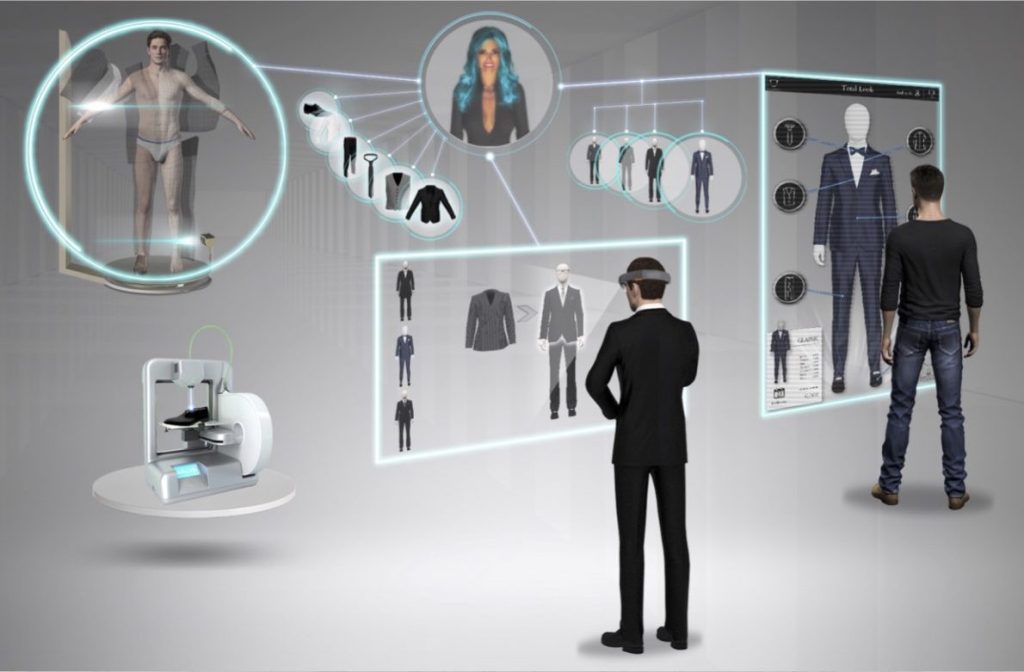
Read Also: The Secret To Long Lasting Makeup
FAQ
Will AI replace fashion designers?
No, AI is seen as a tool to augment creativity
How does AI predict fashion trends?
AI analyzes vast data sets like social media and runway shows to identify future trends.
What are some AI careers in fashion?
AI-powered designer, VR garment creator, algorithmic stylist, and more.
Will AI make fashion more sustainable?
AI can potentially optimize production, minimize waste, and promote responsible sourcing, contributing to a more sustainable industry.
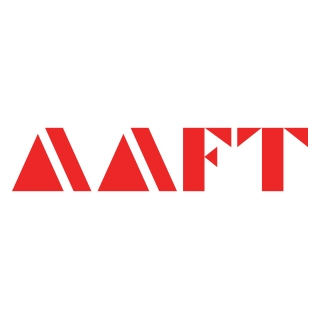
AAFT has been providing the world with limitless creativity and expression since 1993! Through a dynamic and industry-driven curriculum, AAFT provides engaging and captivating articles to persuasive blogs and empowers its readers to explore diverse avenues of creative media education-related content.


